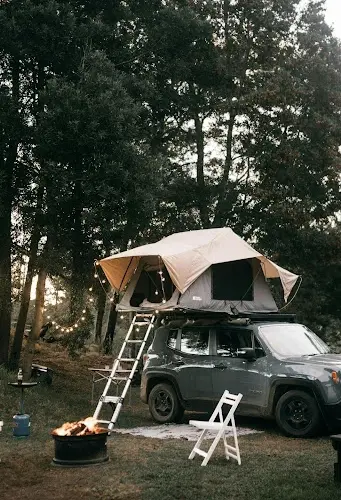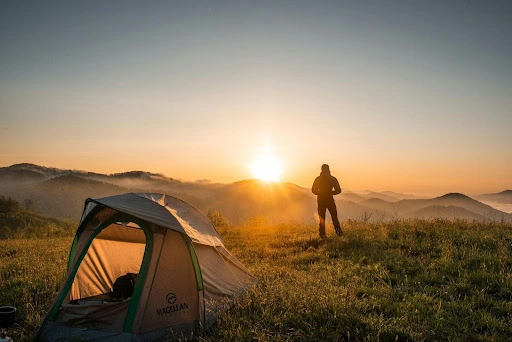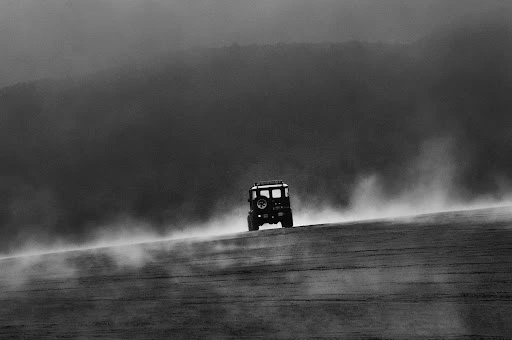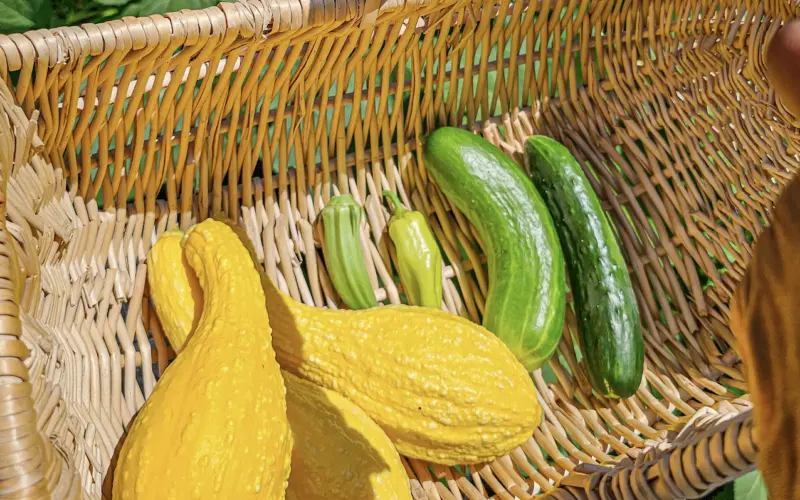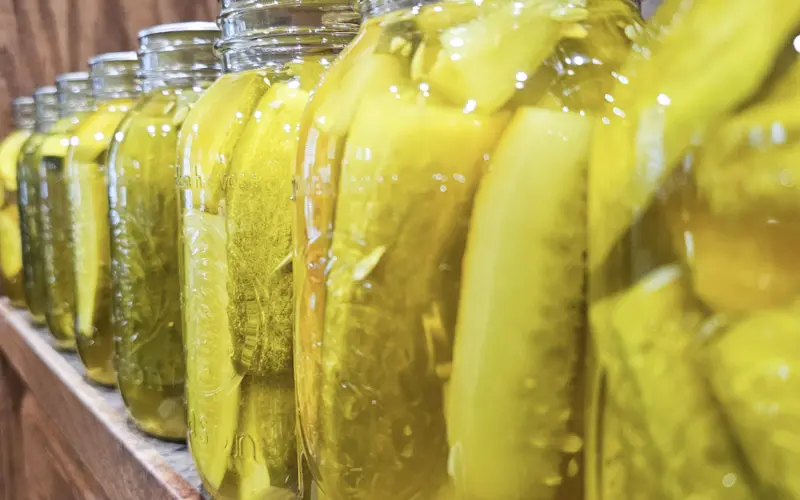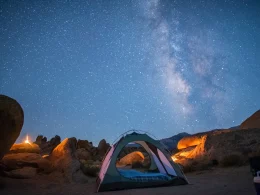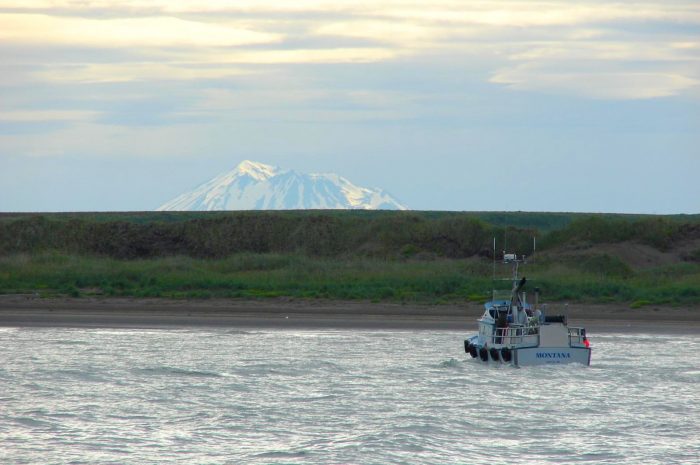The call of the wild has always appealed to anyone interested in the outdoors. For some, the whispering pines of a secluded forest are home while the sprawling deserts under an endless sky draw many others. Your reality is where you are.
As an outdoor enthusiast or an adventure traveler, you might often be torn between two popular ways to experience nature—overlanding and traditional camping. Each offers a unique set of experiences, challenges, and rewards. But which adventure suits you best?
Table of Contents
What the Heck is Overlanding?
Overlanding is more than just a mode of travel; it’s become a major lifestyle. Originating from the rugged terrains of Australia, Overlanding was initially a means for cattle drovers to traverse vast and challenging landscapes. Today, it has evolved into a global movement, embodying the spirit of exploration and self-sufficiency.
The essence of overlanding lies in its self-reliant nature. Unlike traditional camping, which may involve setting up a tent at a designated campsite, Overlanding typically involves long-distance travel using a vehicle equipped to handle off-road conditions. Because of that, the gear loadouts will look very different.
Essential gear for overlanding can include:
- Vehicle Modifications: Sturdy tires, lifted suspension, and reinforced bumpers.
- Camping Equipment: Rooftop tents, portable kitchens, and solar power setups.
- Navigation Tools: GPS units, detailed maps, and satellite communication devices.
Benefits and Drawbacks of Overlanding
The simplest answer is that overlanding offers unparalleled freedom. You can explore remote locations inaccessible to most traditional campers. The ability to carry extensive gear allows for a more comfortable and extended stay in the wilderness.
The one major drawback is that the initial investment required for a fully-equipped overlanding vehicle can be substantial. Additionally, the technical skills needed for vehicle maintenance and navigation can be daunting for beginners.
Another drawback is that living on the road is not cheap by any means, no matter what anybody tells you. Vehicle wear and tear is the first to come to mind, that and gas costs. Since you are more than likely visiting different plans then you will have to deal with fluctuating expenses.
That’s not to say that you can’t do it. I am a full-time overlander and I manage to do it for less than living in a home would cost me.
The Timeless Charm of Traditional Camping
Traditional camping is the age-old practice of setting up a temporary shelter in the wilderness. Its origins can be traced back to early human history when our ancestors lived nomadic lifestyles. Over time, camping has become a recreational activity enjoyed not only by outdoor enthusiasts but by millions who follow these adventures online.
Traditional camping typically involves hiking, canoeing, or riding an ATV/dirt bike to a campsite, setting up a tent, and enjoying nature’s simplicity. It is relaxing and rejuvenating, most commonly enjoyed in the warmer months. Those who dare confront the challenge of winter will go out during the coldest months.
The essential gear for camping includes:
- Shelter: Tents, sleeping bags, and ground pads.
- Cooking Equipment: Portable stoves, cookware, and food supplies.
- Other Gear: First-aid kits, axes, knives, and weather-appropriate clothing.
Benefits and Drawbacks of Traditional Camping
The primary advantage of traditional camping is its accessibility. You don’t need an expensive vehicle or specialized equipment to get started. It’s also a fantastic way to disconnect from technology and immerse yourself in nature.
Depending on your mode of transport, traditional camping can require physical endurance, especially if your chosen campsite involves a strenuous hike. Weather conditions can also significantly impact your experience as you won’t have the safety of a vehicle to escape to.
Final Thoughts: Choosing Your Adventure
When deciding between overlanding and traditional camping, consider your preferences, budget, and physical abilities. If you enjoy the thrill of off-road driving and have the budget for it, overlanding might be your ideal choice. If you prefer a more straightforward and physically engaging experience, traditional camping could be the way to go.
For first-time overlanders, start with short trips to familiarize yourself with your vehicle and equipment. Join online forums and local meetups to learn from experienced overlanders.
For traditional camping newbies, choose a well-maintained campsite close to home. Pack essential gear and familiarize yourself with basic outdoor skills such as setting up a tent and starting a campfire. If you want a little bit of both then maybe try car camping instead.

